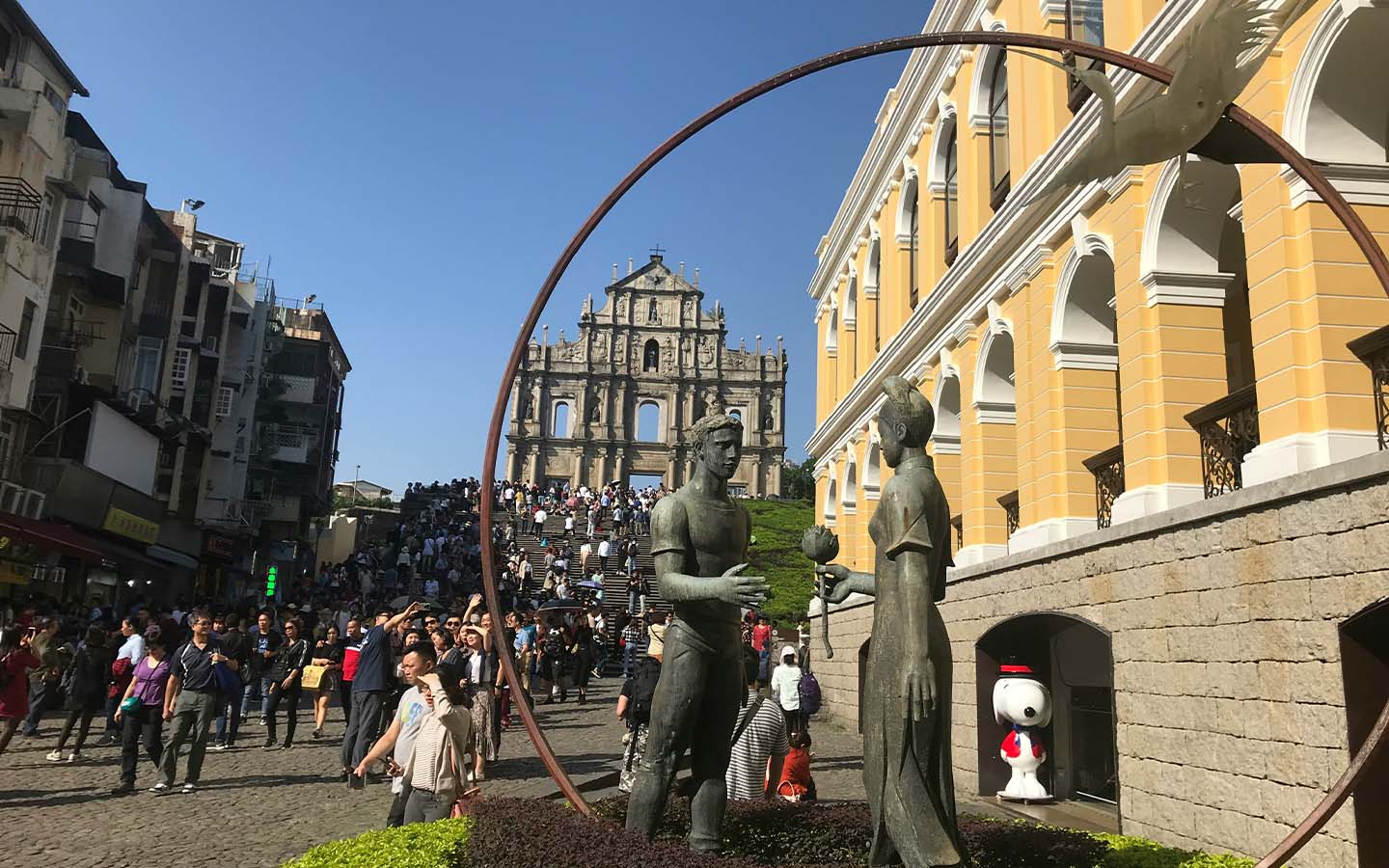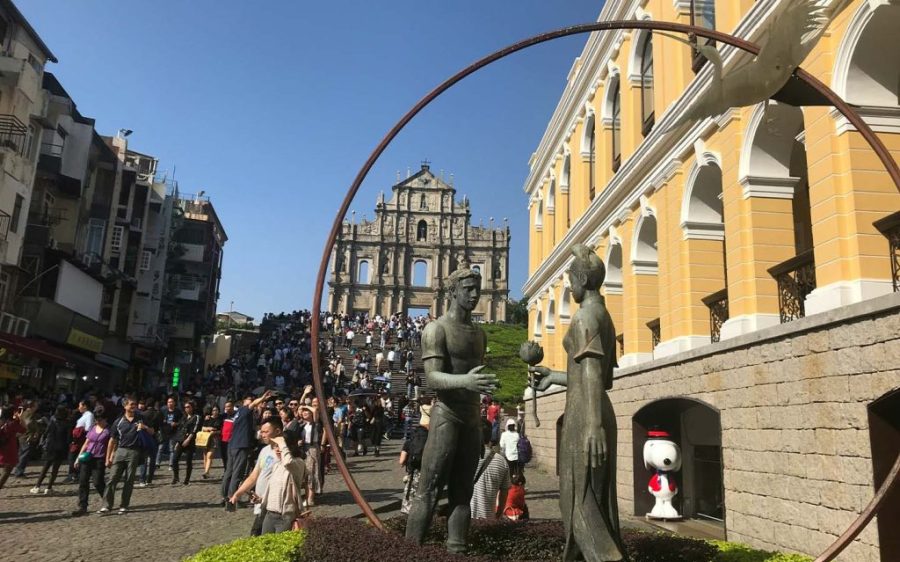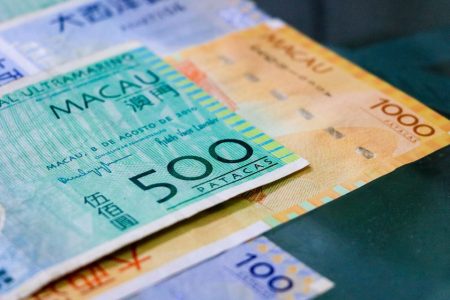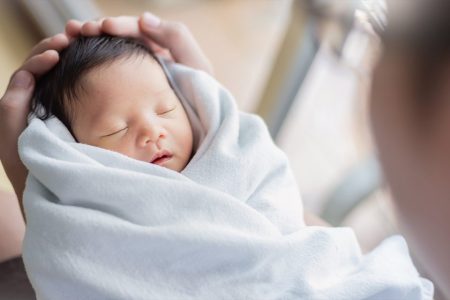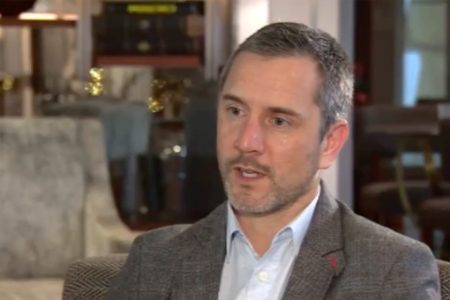Members of Macao’s Portuguese community feel increasingly viewed as “Portuguese immigrants” rather than “Macao people,” the academic Inês Branco found back in 2017 – though her most recently published research indicates that the apparent shift towards “disintegration” has not been gaining momentum.
Branco has also found that the Portuguese language (spoken fluently by just 2.3 percent of the SAR’s population) is growing in relevance. “There is a concerted focus on strengthening the teaching and research of Portuguese” connected to the government’s efforts to position Macao as a platform for Sino-Lusophone trade and exchange, Branco noted.
A guest assistant professor at the University of Coimbra’s department of languages, literature and culture, in Portugal, Branco’s latest study investigated how developments over the past few years have impacted the Portuguese community’s sense of belonging in Macao. Events she considered included the political unrest in Hong Kong and the Macao government’s draconian Covid-19 policies.
[See more: ‘All Portuguese must have the same rights’: petition delivered to Lisbon]
The researcher concluded that while the local zero-Covid policy, Hong Kong’s disturbances, and perceived restrictions on freedom of expression in Macao had caused some Portuguese nationals to consider leaving the city – “there is no statistical evidence indicating a decline in [Macao’s] Portuguese community.”
The “feeling of being a Portuguese immigrant rather than a part of Macao’s fabric” was a change wrought by evolving perspectives on the community’s historical role in Macao and its legacy, she noted.
“On an individual level, they still identify themselves as Macao citizens, even if their recognition within the broader Macao society has waned,” Branco said. “[However] it is evident that the community still plays a role in preserving Macao’s identity.”
